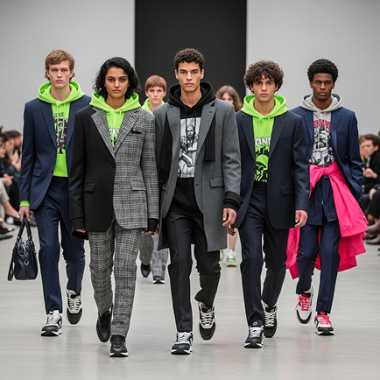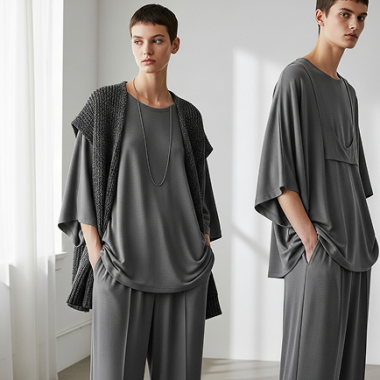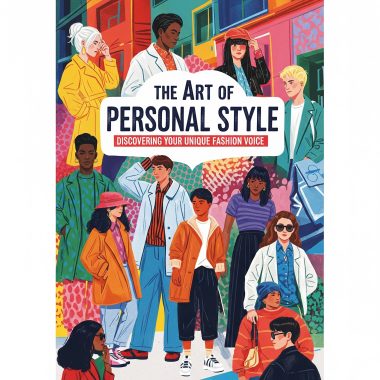As the fashion industry grapples with sustainability challenges and product saturation, one sector is experiencing explosive growth: the second-hand (resale) and rental markets. These aren’t just eco-friendly solutions but revolutionary business models, fundamentally changing how we access and consume fashion, emphasizing utilitarian value and circularity.
The rise of the resale market is driven by both environmental consciousness and economic benefits. Consumers are increasingly aware of fashion’s negative environmental impact and seek to reduce waste. Buying pre-owned items is an effective way to extend a product’s life cycle, lessen the demand for new production, and curb landfill waste. Simultaneously, it offers the opportunity to acquire high-quality pieces, designer items, or unique vintage finds at a much more accessible price point than buying new. Online platforms like Depop, Vinted, and The RealReal have made buying and selling pre-owned goods easier and more convenient than ever, connecting buyers and sellers globally.
Parallel to resale, clothing rental services are also experiencing significant growth. For special occasions, events, or simply to experiment with new styles without the commitment of ownership, renting is an ideal option. Platforms like Rent the Runway allow users to rent occasion wear, high-end designer pieces, or even everyday outfits for a fee, then return them. This model not only helps consumers save money but also addresses the “wear-once-and-discard” problem of many garments, especially formal wear, contributing to a reduction in resource waste.
This trend also fosters the concept of “access over ownership.” For younger generations of consumers, owning a vast wardrobe is no longer the primary aspiration. Instead, they value the ability to access a diverse range of fashion options without the burden of high costs, storage space, or environmental impact. This is particularly true for fast-fashion trends or luxury items typically worn only for special occasions.
Traditional brands are also beginning to participate. Some major fashion houses have launched their own buy-back and resale programs or partnered with rental platforms. This not only helps them affirm their commitment to sustainability but also opens new revenue streams and enhances customer loyalty.
In summary, the booming resale and rental markets are revolutionizing the fashion industry. They offer not only more sustainable and economical consumption choices but also shift perceptions of clothing’s value, encouraging a circular and shared mindset, thereby shaping a more responsible and efficient fashion future.






